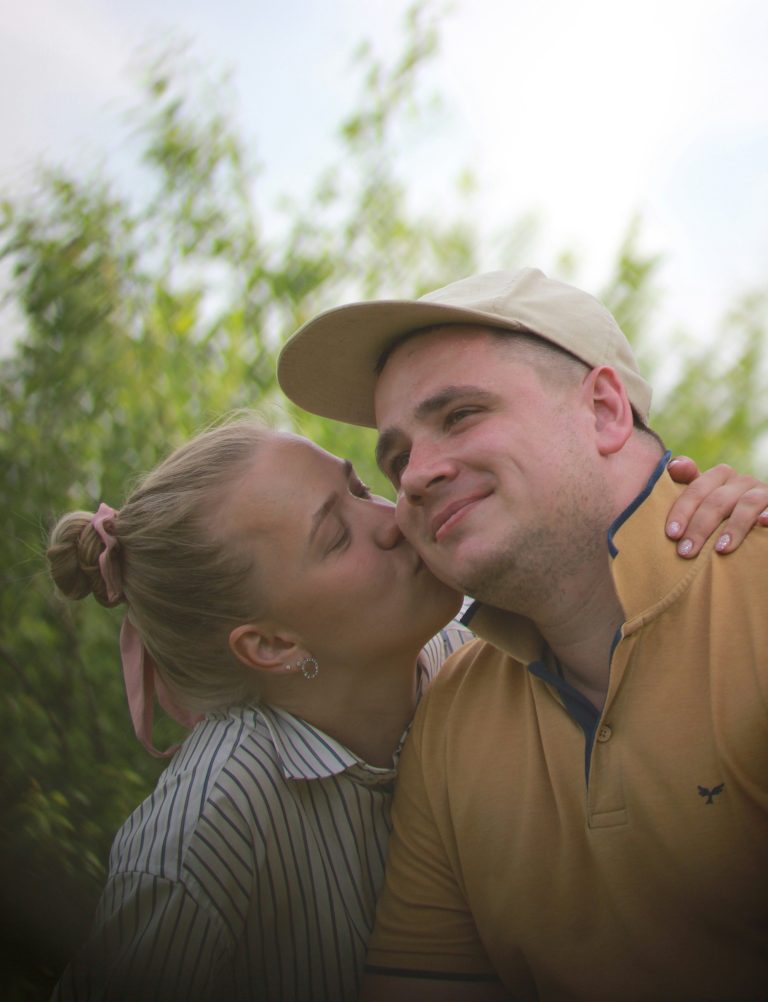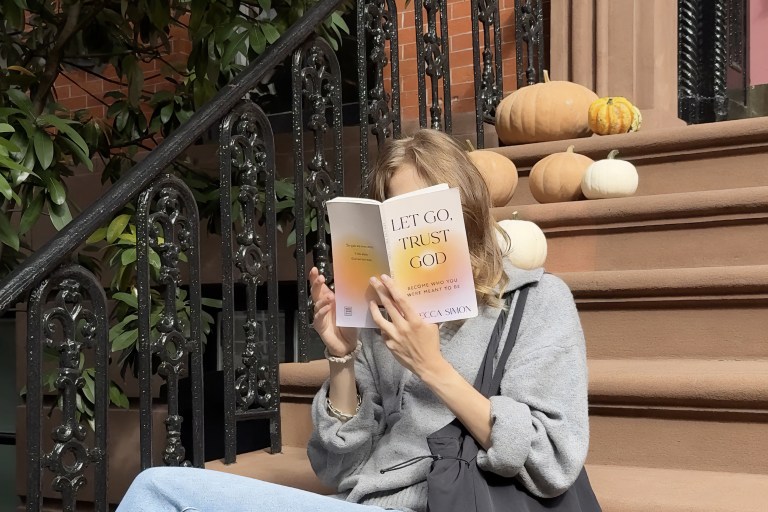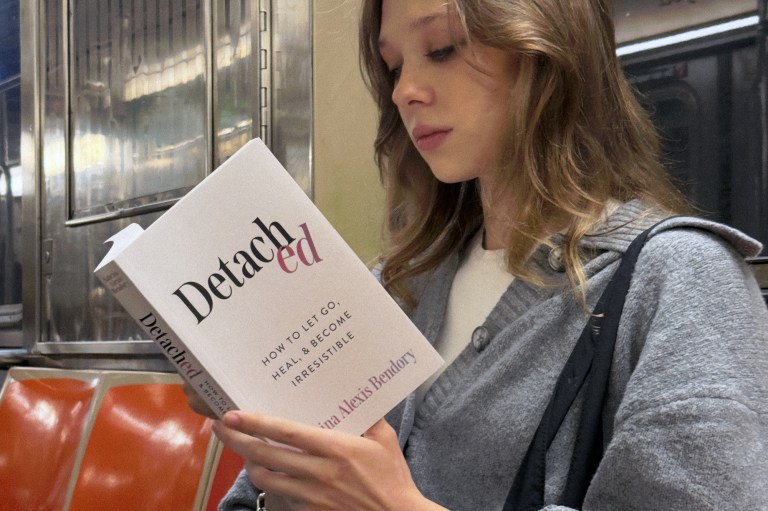
Read This If You’re Disappointed With The People Around You
The problem with other people is that they’re never going to understand us as intricately as we understand ourselves.
By ![]() Heidi Priebe
Heidi Priebe
So the people around you let you down.
I’m sorry that you are going through that. I really am. There are few feelings more frustrating than being unsupported when you need support most. Than reaching out and having no one respond. Than slowly falling apart and having nobody around to help keep you together.
I’m sorry that you’re feeling disappointment because it’s an umbrella term for an array of greater agonies. But here’s the truth about disappointment that we all loathe to acknowledge: It has very little to do with whoever let us down. Disappointment is entirely a construction of our own expectations. And no matter how many promises someone else made us, reality has no responsibility to comply with our expectations.
The problem with other people is that they’re never going to understand us as intricately as we understand ourselves. We grow disappointed in the people around us because we use our own definition of love to measure what they are giving out and if it doesn’t match up, we mistake different love for no love. We get lost in translation and find ourselves reeling in pain and disappointment over a massive misunderstanding. It’s an endless, unnecessarily complicated cycle. And it needs to break somewhere.
We have to understand that some people are not meant for complex conversations or contemplating the meaning of our existences or nursing all of our wounds back to health. Some people are never going to show up exactly when we need them to, offer us the exact words we need to hear and comfort us in a way that immediately soothes our aching souls. But that doesn’t mean that those people are not good and kind and well meaning. It does not mean they don’t love us. And, most importantly, it does not mean that they have nothing to offer.
The more we allow ourselves to be disappointed with the people around us, the more we close ourselves off to some of the greatest and most unexpected forms of love. We don’t get control over how anyone else manages his or her affection. We don’t even get to choose where they allocate it. But here’s what we do have control over:
We have control over our reaction to love. We have control over whether or not we recognize that the ride someone gave us to work this morning was love. That the night someone came over and watched a movie with us because they sensed we were upset was love. That the friend who has no idea what advice to offer or what help to give, but who likes our Facebook statuses and invites us over to parties is showing love, in whatever form they know how to show it. We can appreciate those tiny, everyday actions or we can be bitter over them not being enough.
We have control over whether or not we’re going to reach out. We get to choose if we’re going to be bitter and isolated or if we’re going to take hold of whatever chance we have at connection. If we’re going to offer our own love up to others or if we’re going to hoard it away and feel confused when others follow our lead. We get to choose if we make the first move when it comes to connection or if we’re going to be a further part of the problem. If we’re going to be one more person who doesn’t show up when they say they will or reach out when others are in need or who wants to receive love first and give it back only when they’re sure it’s not a risk. We get to decide what kind of love we put out there, even if we cannot control what we get back.
Because at the end of the day, that’s the only thing we have control over – how we manage our own care and affection. If you want proof that the kind of love you want to have exists, you’re going to have to be the proof. You’re going to have to give the kind of love you want to see in the world. You’re going to have to be everybody else’s reassurance that it exists, that it’s all encompassing, that it’s there.
The more we pit our hopes and expectations on what others have to offer, the more we facilitate our own heartbreak. But the more we realize what we do have control over, the more we end up growing into bigger, more encompassing versions of ourselves. Versions that never disappoint. ![]()











